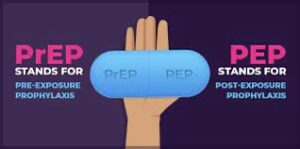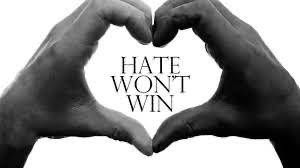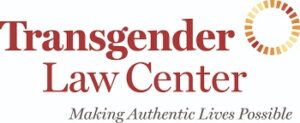What are the lessons to be shared about the early days of the epidemic? By my 28th birthday, I attended and/or planned the funerals of so many friends that I lost count. The trauma is real. Over the last decade, I’ve continued to lose friends to suicide, drug addiction, and murder. Trauma from the early days never seems to go away. It impacts how I see the world and my self-worth. It comes from lots of deaths, and too much prejudice and discrimination. In my small circle of friends, more than half are dead. Like so many who came of age at the start of the epidemic, we suffered the unspeakable that continues to this day. To all of you who have found peace, please share. It has eluded this old Queen. I think it’s why I stay. I’m waiting for the end.
Right now, too many fools get platforms to speak vile untruths about the communities highly impacted by HIV, especially the transgender community. How do we live in a world where politicians, church leaders, and “concerned citizens” are calling us groomers and pedophiles? They are storming school board meetings to get books banned, passing legislation to stop healthcare for our community, and letting us know that we are not welcome in their America. It isn’t just the transgender community watching and worrying about these actions. Important players are calling out strategies that lean into the culture wars because they understand the cost of civil wars. Part of our job is to connect the dots so that multiple communities understand that we are all in this together.
 In the middle of this insanity, how do we work to end the HIV epidemic in America? Especially in this deeply divided country? Our work cannot be divorced from whom we serve. We need to prioritize HIV testing, PrEP, and PEP. Long acting injectables are a game changer, but I worry about the uptake in communities of color. HIV cannot continue to work in a silo. We must look for systemic solutions. That starts with other sexually transmitted viruses.
In the middle of this insanity, how do we work to end the HIV epidemic in America? Especially in this deeply divided country? Our work cannot be divorced from whom we serve. We need to prioritize HIV testing, PrEP, and PEP. Long acting injectables are a game changer, but I worry about the uptake in communities of color. HIV cannot continue to work in a silo. We must look for systemic solutions. That starts with other sexually transmitted viruses.
 We cannot allow their hatred to slow our progress. If that happens, then they win. While most of the news looks bleak, we recently had a win in Tennessee, but we don’t want to draw attention to it. When the governor turned back core HIV support, our movement got tangled in the culture wars. NMAC worked with national, community, and federal partners to create a work around that is trying to fly under the radar. What makes this solution so important is that it sets a precedent should other states consider similar actions. It took lots of coordination and leadership to make this happen. Hopefully it documents the value of national partners and the need to work across sectors.
We cannot allow their hatred to slow our progress. If that happens, then they win. While most of the news looks bleak, we recently had a win in Tennessee, but we don’t want to draw attention to it. When the governor turned back core HIV support, our movement got tangled in the culture wars. NMAC worked with national, community, and federal partners to create a work around that is trying to fly under the radar. What makes this solution so important is that it sets a precedent should other states consider similar actions. It took lots of coordination and leadership to make this happen. Hopefully it documents the value of national partners and the need to work across sectors.
 The ‘80s are my reference point for how bad things can get. While life is currently awful, we have survived worse. Recently I learned the Transgender Law Center (TLW) has a $13 million annual budget. That reality brought much joy and pride. TLW was inconceivable back in the ‘80s and now they have an annual budget that is bigger than NMAC’s. I celebrate them and all the communities working to end the HIV epidemic. We are stronger than we understand.
The ‘80s are my reference point for how bad things can get. While life is currently awful, we have survived worse. Recently I learned the Transgender Law Center (TLW) has a $13 million annual budget. That reality brought much joy and pride. TLW was inconceivable back in the ‘80s and now they have an annual budget that is bigger than NMAC’s. I celebrate them and all the communities working to end the HIV epidemic. We are stronger than we understand.
Yours in the Struggle,

